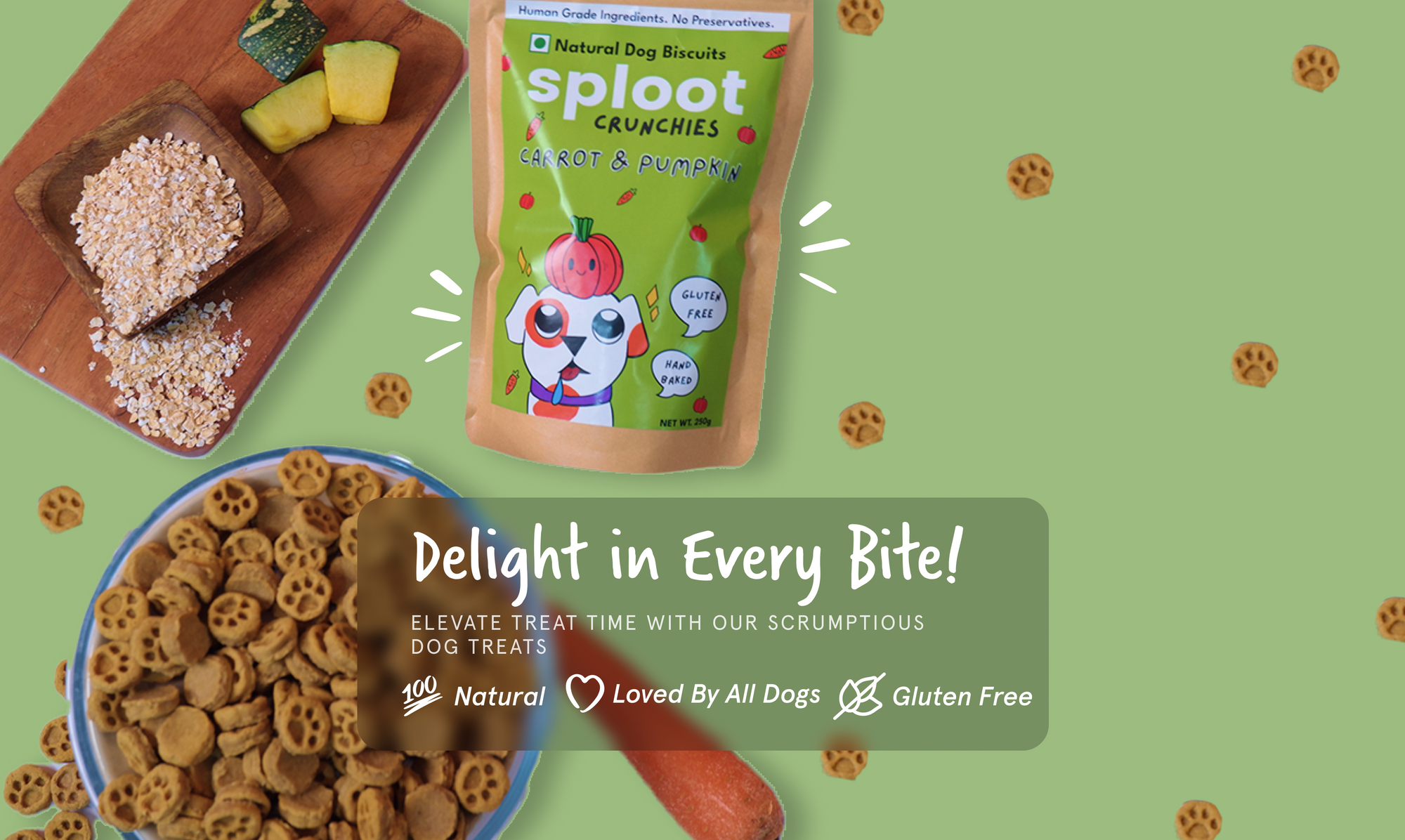Can Dogs Eat Pomegranate?

Pomegranate, a vibrant fruit packed with nutrients, is often a subject of curiosity for pet owners. The question "Can dogs eat pomegranate?" arises frequently among dog lovers who wish to share their healthy snacks with their furry friends. In this detailed blog post, we'll explore the safety and health implications of feeding pomegranate to dogs, while addressing related questions like "Is pomegranate good for dogs?" and "Can Shih Tzu eat pomegranate?"
Understanding Pomegranate and Its Nutritional Benefits
Before diving into the specifics of pomegranate as a canine-friendly fruit, let’s understand what pomegranate is and its benefits. Pomegranate, or Punica granatum, is rich in antioxidants, vitamins (especially Vitamin C and K), and minerals such as potassium and folate. These nutrients suggest potential health benefits for humans, but the question remains: Is it the same for dogs?
Pomegranate's Health Implications for Dogs
While pomegranate is indeed nutritious for humans, its effects on dogs can be quite different:
- Antioxidants: The antioxidants in pomegranates can help reduce oxidative stress in dogs, similar to their effects in humans.
- Fiber: Pomegranate offers dietary fiber, which can aid in digestion. However, too much fiber can lead to stomach upset in dogs.
- Tannins: Pomegranate contains tannins, which can be hard for dogs to digest and may lead to stomach upset.
Can Dogs Eat Pomegranate Safely?
The answer is nuanced. While small amounts of pomegranate itself are not toxic to dogs, the fruit poses several risks:
- Digestive Issues: Due to the high tannin content, dogs may suffer from digestive upset including diarrhea and vomiting after eating pomegranate.
- Seeds and Arils: The seeds (arils) can be a choking hazard for dogs, especially smaller breeds.

Specific Dog Breed Considerations
- Can Shih Tzu eat pomegranate? Small breeds like Shih Tzus might be more at risk of choking on pomegranate seeds than larger dogs.
- Pomegranate dog breed sensitivity: Some dogs might be more sensitive to the tannins and acids found in pomegranates than others.
How to Serve Pomegranate to Dogs
If you decide to give pomegranate to your dog, here are some tips to minimize risks:
- Moderation is Key: Offer small amounts of pomegranate to see how your dog's stomach handles it.
- Prepare Properly: Remove all seeds before giving pomegranate to your dog to prevent choking.
- Consult Your Veterinarian: Always talk to your vet before introducing new foods into your dog's diet.
Commonly Asked Questions
Can dogs have pomegranate?
Yes, dogs can have pomegranate, but it should be given in moderation and prepared properly to avoid digestive issues.
Is pomegranate good for dogs?
While it contains beneficial nutrients, the potential digestive issues mean pomegranate should be given cautiously to dogs.
Can I give pomegranate to my dog?
You can, but ensure it is in small amounts and properly prepared to avoid any health risks.
Are pomegranate seeds safe for dogs?
No, pomegranate seeds can be a choking hazard and are difficult for dogs to digest.
Can cats eat pomegranate?
Similar to dogs, it’s not recommended for cats due to the risk of digestive issues.
Is it okay to eat pomegranate at night?
For humans, eating pomegranate at night can be fine, but it doesn’t relate to when dogs should eat it.
Conclusion
While pomegranate is a powerhouse of nutrition for humans, its benefits do not translate as directly to our canine companions. The possibility of digestive issues due to tannins and the choking hazard posed by the seeds means that pomegranate should be offered cautiously to dogs, if at all. Always prioritize your dog's health and safety, and consult with your veterinarian before introducing any new food to their diet. Remember, each dog is unique, and what works for one might not work for another.
In the debate over whether pomegranate is good for dogs, the safest approach is to proceed with caution and prioritize the overall well-being of your furry friend.

